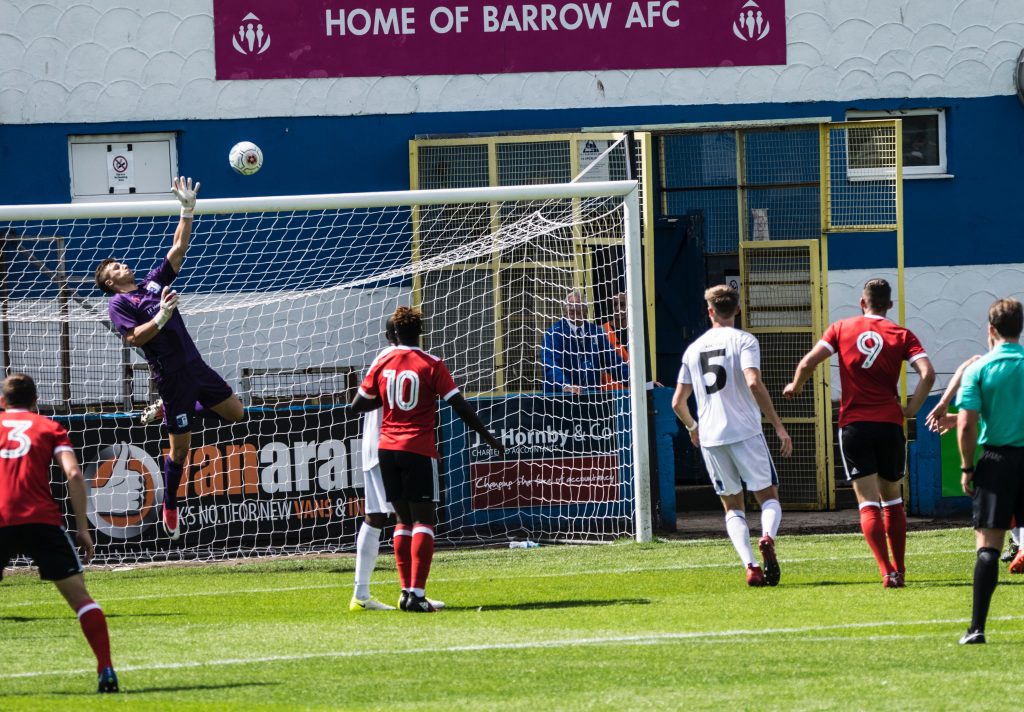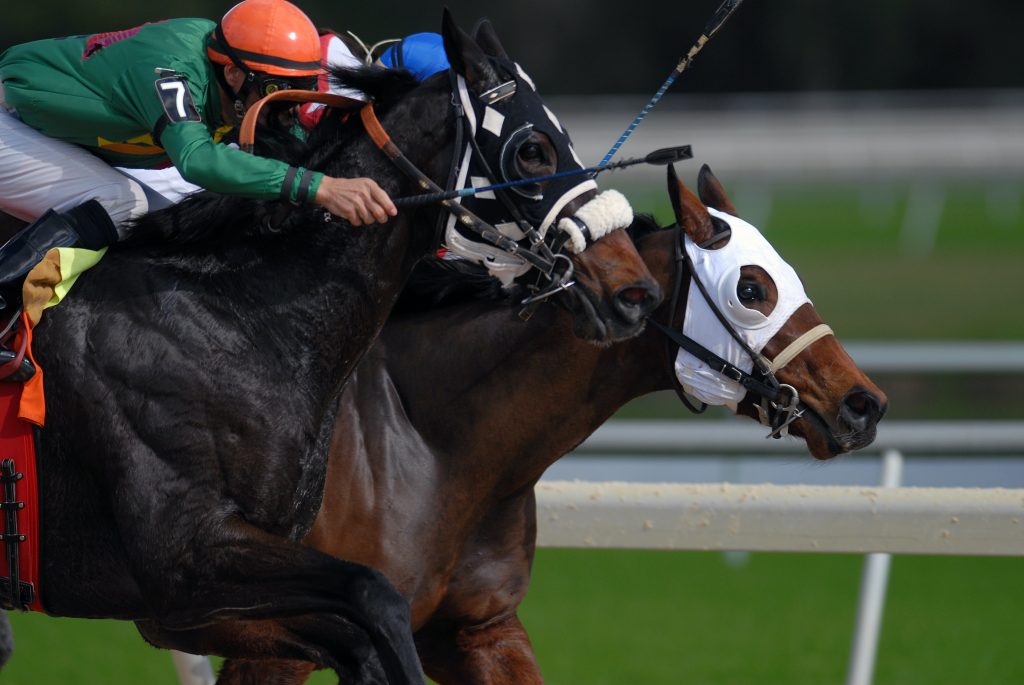Betting has been a favorite pastime since the advent of civilization. Once upon a time, people were betting gold coins, horses, or goats on the simplest things. Naturally, we’ve come a long way from those humble beginnings. The betting industry is one of the most profitable ones with a worldwide reach. Essentially, in each corner of the globe, where betting is legal, with the advent of widespread internet, you can place bets on any sport you want.
When you start betting it’s always wise to stick with what you know. If you’ve followed baseball for years, you probably have more background to determine the odds, than for something like cricket which you’ve never watched. Once you’ve “graduated” from “your” sport the wise thing to do is to switch over to one that’s popular so you can easily and quickly get access to large amounts of data that will help with your decisions. So why soccer?
While soccer isn’t the most popular sport in some big countries like the US, or Australia, it’s huge otherwise. It’s by far the most widespread, reaching every corner of the globe in some capacity, especially Europe and South America. As such there’s a plethora of competitions you can bet on, and even more importantly, accessible ways of gathering crucial data that’ll guide your decisions.
Since there are so many ways you can bet, we’re going to look into some of the basics of soccer betting. These will range from things you can bet on, to some tips on how to place wages to maximize your winning potential.
The bookmakers will put out the odds for each of the possible outcomes a game can have and then you can bet on them. There are several methods of publishing these odds and they usually vary on the type of bet and the country you’re betting. When everything is boiled down, it rarely differs in the amount of money you can win, but since the method of showing your potential winnings differs so much, it’s important to know them all, less you end up confused. Let’s go over the most common ones.
Moneyline

Some will use the moneyline approach, which shows how much you’ll win if you bet on a specific outcome. There’s always a baseline amount of money upon which the moneyline is based. A moneyline can be positive or negative, and it shows you how much you can gain compared to that baseline.
For example, if our baseline is $100, and our moneyline is +120, you’ll win $120 if you bet $100, however, if the moneyline is negative, -120, you’ll need to bet $120 to win $100. Naturally, the riskier the outcome, the higher the moneyline, which in turn makes the payouts higher. If you bet on the safe, expected outcomes, you’ll have a negative moneyline, but with more chance of success (at least according to the bookmakers).
Coefficient

Popular in Europe, the coefficient method adds a corresponding number (usually up to two decimals) to a specific outcome. That number is then multiplied by the amount you’ve wagered. If you bet on multiple games on one ticket, all the individual coefficients are added up and the sum number is then multiplied by the amount of money you’ve put in.
For example, if you have a coefficient of 1.65 on one game and 2.05 on another, you’ll add those up, which comes out to 3.70, which you’ll then multiply by $100 which you’ve put down. If you win, you’ll make $370.
The lower the probability of an outcome, the higher the coefficient, and vice versa.
Ratio

You’ll most likely find the ratio method if you’re betting with a bookmaker based in the UK since they’ve been known to use it. Just like the name suggests, you’ll be presented with ratios on outcomes that will then determine the amount of money you can win. Only whole numbers will always be used, there are no decimals.
For example, if you have a ratio of 1:2 and you bet $100, you’ll need to multiply the two, which will mean your winnings will be $50.
Types of Betting

Now that you have a handle on the various types of ways winnings are calculated, it’s time to see what types of bets you can place when it comes to soccer. Keep in mind that every method allows for single bets and multiple bets on the same ticket. Single bets are much easier to win since it’s only one game, but betting on more games at once can net you much higher winnings, with the obvious drawback being a higher chance you’ll miss.
As with all types of wagers, it’s a game of risk and reward where you can increase your chances of potential winning by betting more money, or by choosing outcomes with better odds.
Betting on the Outcome
By far the most simple and widespread way you can bet is on the outcome of soccer games. In Europe this is popularly known as the 1-x-2 system, where the 1 represents a win for the home team, the 2 represents the win for the away team, and x represents a draw (some add the 0 outcome for a goalless draw as well as the fourth possibility). It’s very simple to understand and you can easily use this as your gateway method into soccer betting.
To maximize your chances of winning you can even bet on two outcomes – 1-x, x-2, 1-2, which will have their separate odds that are always lower than just a single outcome. When you’re betting on an underdog, for example, but aren’t ready to go all-in, you can bet they’ll win or draw and get your payout either way.
Betting on the Spread
Very popular in the US for all sports, betting on the spread puts a higher emphasis on what bookmakers believe will be the score. Unlike betting on one team to win, or a draw, here you’ll have extra conditions to be fulfilled for you to win.
Essentially, the bookmakers will come up with an adjustment to the score which will result in two teams being even, taking into consideration the overall quality of players, injuries, home-field advantage, etc.
For example, you have experts that believe Team 1 is better and will win by 1.5 goals (these will always be numbers ending with .5) making them have a -1.5 spread. If you bet on them, it won’t be enough for them to win, they’ll have to do it by a 2-goal difference to cover the spread. On the other hand, in the same scenario Team 2 is the underdog, has a spread of +1.5, and will get you a payout if they win, draw, or even lose by 1 goal.
Handicap
While the term “betting the spread” is the only one used in the US, you’ll find a rather similar method in Europe referred to as the handicap. It’s like a blend of betting on the outcome combined with betting on the spread.
You’ll essentially bet the outcome, but one team will start with a handicap. Expert opinions aren’t involved, and you can put a handicap on either team arbitrarily, regardless if they’re considered a favorite, or underdog, all with the ultimate goal of raising your odds.
For example (we’ll use coefficient calculations), you have a coefficient of 1.75 for Team 1 to win the game. You believe they’re far superior and will win in a superior manner, so you give them a handicap of -1. Now they’ll have to win by at least 2 goals, which is harder, but the coefficient is now 2.25 because the risk is greater. You can give an even larger handicap to raise the odds even more – the higher you go, the bigger the risk, and the greater the reward.
Betting the Over/Under
When you bet the over/under, you’re essentially betting on both teams, more precisely the sum of the goals they’ll score in a game. Once again experts are involved and they’ll predict how many goals will most likely be scored – this is the baseline, which always ends with .5, just like the spread. You can then bet if more, or fewer goals will be scored compared to that baseline.
For example, the bookmakers believe Teams 1 and 2 will score 3.5 combined goals in a game. If you bet the over, you’re banking on being 4 or more goals in the game, if you’re betting the under, you’ll hope the goals stop at 3.
In most cases, both the over and under have similar odds associated with them, because the baseline is as close as the experts can get to the correct score. In practice, if you have two defensive teams squaring off against each other, the baseline will be lower (2.5 for example), while two attacking teams that score a lot will adjust the baseline upwards (4.5 for example), so you’re always working with roughly the same chance of guessing the over/under.
Betting Props
Prop bets can be viewed as custom bets, where you bet on a very specific part of the game that can have nothing to do with the final result. These are very broad, centered around specific events that happen in a match, and can vary from which team will first get a yellow card, to who will have the most corners.
Most commonly, prop bets are associated with live betting, where the odds are quickly calculated while the game is taking place and can be so specific that they refer to just the next play.
With some bookmakers, within the UK in particular, you’ll also be able to make long-term prop bets. There was a viral story around a decade ago that the father of a prospective young goalkeeper placed a bet his son will play for the English national squad within the next ten years. The odds were calculated on the spot taking into account the available data and his bet was accepted. Several years later his son did indeed register a cap for the national team and earned his father a big payout.
Naturally, these stories are few and far between, but they give you great odds and make for great stories. A more common and realistic example of a long-term prop bet would be to pick a team to win the championship at the beginning of the season.

FAQ
To summarize this quick guide, we’ll highlight some of the most common questions that arise when you start betting.
Is soccer betting legal?
It depends on where you live. In the US, for a long time, it was legal only in Nevada, but recently more states have legalized it. In Europe, every country has its laws regarding gambling, but in most countries (both in the EU, and others) it is legal.
Can you live off soccer betting?
Betting is, in essence, gambling. While the chance or luck factor is significantly lower compared to something like the roulette wheel, you can still have all the data point to one result, only for the opposite to happen. As such, you can theoretically live with gambling as your primary source of income, but in practice very few can achieve this.
How are odds determined?
Every bookmaker has in-house experts that analyze all available data for a given match from the obvious like player quality, form, or injuries, to the not-so-obvious such as pitch conditions, expected tactics, previous meetings, etc. All the data is then compiled, and we get to see the odds. In recent years the numbers have been run through specialized software for an even more analytical approach.
What’s the best way to bet on soccer?
As with most things nowadays, it’s online. With just a few clicks you can access a plethora of reputable betting sites, examine a staggering amount of data, and place your bet without having to leave your couch.













